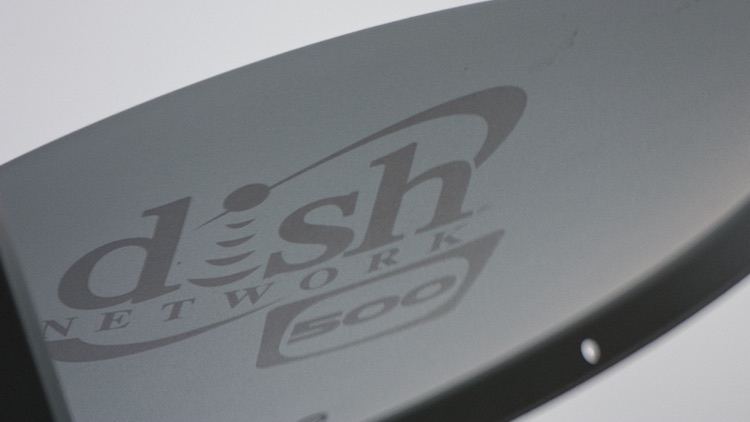Dish to Eshoo: We Agree Consumers Shouldn't Be Pawns

The smarter way to stay on top of broadcasting and cable industry. Sign up below
You are now subscribed
Your newsletter sign-up was successful
Not surprisingly, Dish blamed Hearst for the ongoing retransmission consent impasse that kept Hearst stations of the satellite operator.
That came in response to a letter from Rep. Anna Eshoo (D-Calif.) late last week.
Eshoo, whose constituents are affected by the impasse, said the failure to reach a new deal--Hearst stations in 26 markets have been off Dish for the past two-plus weeks--was harming viewers.
She said she was unhappy that the companies did not take steps to keep Hearst stations on Dish during the impasse.
Eshoo pointed out that the station in her market KSBW, was also off during a Hearst-DirecTV impasse earlier this year. She said she hoped they would resolve the dispute ASAP, and said she would continue to push for making retrans "blackouts" illegal, saying consumers should not be pawns in such disputes.
Dish said it agreed, both with legislation to prevent blackouts and with consumers not being pawns. It said Hearst had rejected Dish's offer of a short-term extension with a retroactive true-up. Dish called on Hearst to immediately restore the channels and submit to baseball-style arbitration. If not, it said it should be allowed to import an out-of-market station in Eshoo's market with the same network programming as KSBW, calling it an imperfect substitute.
Broadcasters have long argued that to force them to keep a signal on after a contract is expired is untoward government intervention in a marketplace negotiation, and one that puts a thumb on the scale for MVPDs.
The smarter way to stay on top of broadcasting and cable industry. Sign up below
"Our offer to take the DIRECTV deal remains on the table, and we could end our dispute today if Hearst were willing to accept that offer," said Dish.
The satellite operator has agreed to take the same terms as DirecTV, the other DBS carrier, when that deal was struck.
“We are engaging in multiple efforts to keep our viewers informed and educated about this process,” said Jordan Wertlieb, Hearst Television president, said late last week in response to Dish's assertions it was not at the table and was the party not being cooperative in the negotiation process.
“As for DISH’s repeated and false claims of financial offers, DISH is clearly misguiding its customers,” Wertlieb said. “As is customary for companies seeking to protect disclosure of their confidential information to competitors, we cannot disclose the terms of our DirecTV deal to DISH. The question is, why is DISH not offering to Hearst what DISH has surely agreed to pay to other broadcasters?
“Lastly, we have never left the negotiating table,” Wertlieb added. “We remain, as always, ready to continue serious negotiations.”
(Photo via Dave L.'s Flickr. Image taken on Feb. 6, 2017 and used per Creative Commons 2.0 license. The photo was cropped to fit 3x4 aspect ratio.)
Contributing editor John Eggerton has been an editor and/or writer on media regulation, legislation and policy for over four decades, including covering the FCC, FTC, Congress, the major media trade associations, and the federal courts. In addition to Multichannel News and Broadcasting + Cable, his work has appeared in Radio World, TV Technology, TV Fax, This Week in Consumer Electronics, Variety and the Encyclopedia Britannica.

